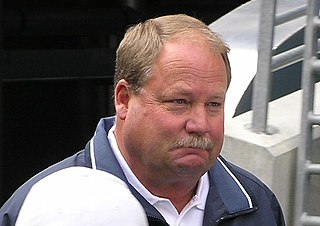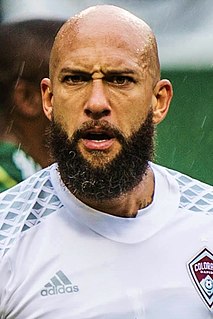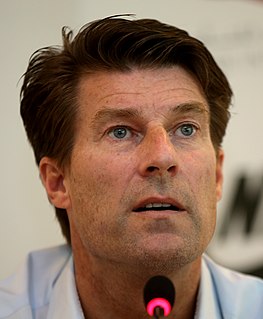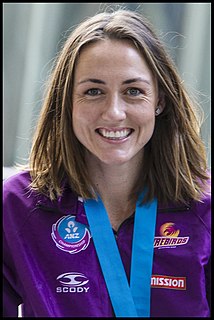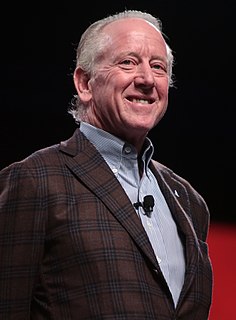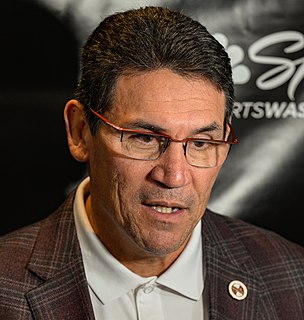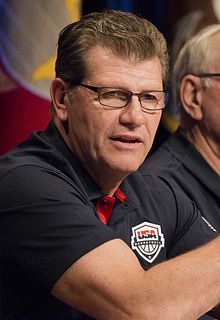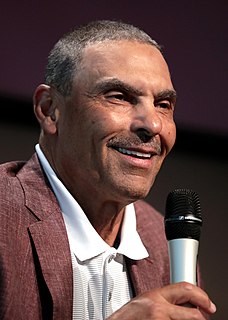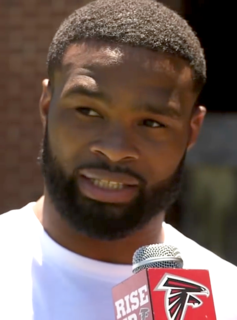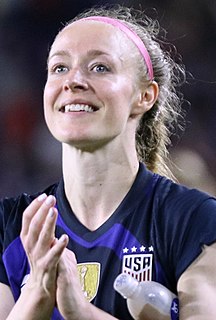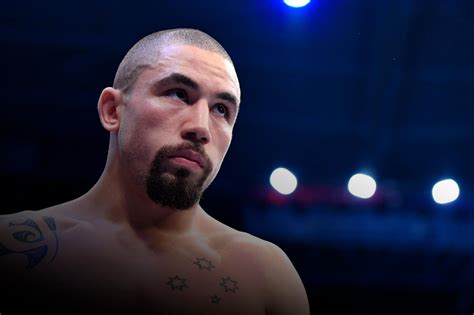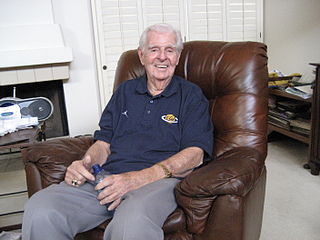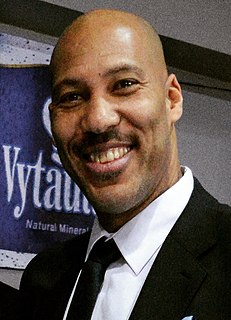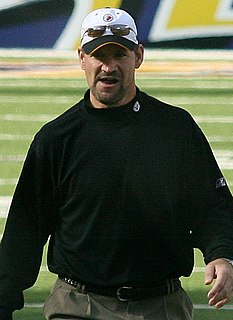A Quote by Mike Holmgren
I never had anything planned, like, 'When I'm 40 I'll be coaching here.' A number of people in our profession have done that, but my thing was always, wherever I was coaching, to work hard, do the best you can, and if it happens, it happens.
Related Quotes
I think I have some ideas on coaching, but listen, coaches work harder than players. The hours they put in, the headaches that they have. That's the one thing I've never liked about coaching. They have all the emotion, passion and preparation without actually getting to be able to dictate what happens.
I've had the privilege of coaching the best basketball team in the history of the world, and that's the USA national team. I've had a chance to coach them for eight years. If you were to ask me if I could end my career only coaching one team for the rest of my coaching career, I don't think it could get better than that, especially with the players that I've had during those eight years. When you've coached at that level, you know, you've coached those players, it's pretty hard to say, I would rather coach anybody else.
I went to many coaching clinics, talked to other coaches, read articles, books, etc. Anything I could do that would help me prepare to be the best coach possible. Fortunately, the coaches I had as a player were good men and were excellent role models in setting priorities and relating to the team members and coaching staff.
I've had a couple of people - prominent coaches - walk into an office, shut the door and say, 'What's it like, not coaching?' They're scared. They're scared not to have that. And I'll tell them, 'You know, it's different. You're not going to replace coaching. But there's some normality that's out there, and that's also kind of refreshing.'
